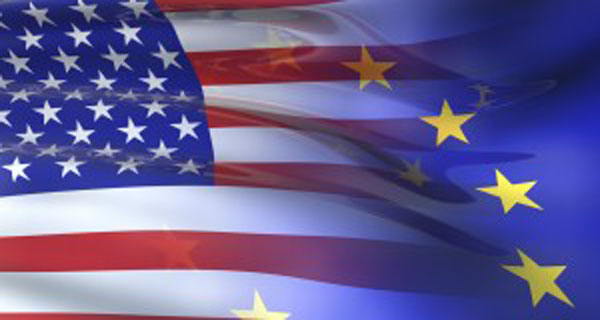
Food safety standards are one of the most difficult chapter of TTIP: the trade agreement being negotiated between the two dinosaurs of the world trade, the European Union and the United States whose aims is to facilitate trade by removing market barriers and differences in legislation between the EU and the US. Discussions will look at areas including trade areas and technical regulations. According to a report from the US-based NGO the Centre for Food Safety, “many analysts believe that a central aim of the negotiations is to dismantle in Europe many food safety regulations that corporations view as impediments to trade and profitmaking”.
Does the EU have really higher food safety standards? Behind any judgment, it is lies in the fact that the EU and US food safety system are diametrically opposed. The European Union practices a philosophy of ‘farm to fork’, where each step of the process is monitored and traceable. The US system only verifies the safety of the end product. Also, the EU subscribes deeply to the precautionary principle, which is part of its political charter. This means that in absence of a clear understanding of whether something is safe, caution should be exercised. The US doesn’t allow for that; it requires “scientific evidence” to justify any caution or restriction. EU legislation puts the burden of proof on companies to prove that the chemicals they use are safe. US law requires the government to prove that a chemical is unsafe.
In the negotiations large business from the agribusiness and food industry have been intense both in Europe as well as in United States. For example The North American Export Grain Association and National Grain and Feed Association have both called for the “reduction and elimination of measures related to crop biotechnology that currently restrict or prevent trade in grains, oilseeds and their derived food and feed products”. They claimed that EU food politics are discriminating against US exports. This includes removing the EU’s traceability and labelling policies for products containing biotech ingredients, under which they must be clearly labelled, in favour of a looser policy of labelling some foods ‘GMO-free’, even if this cannot be guaranteed to the same level as current standards require. The European Commission says that EU would not be forced to allow imports of GM foods under the TTIP deal. Despite these reassurances, the future of GM food import in Europe it is proved to be extremely controversial.
